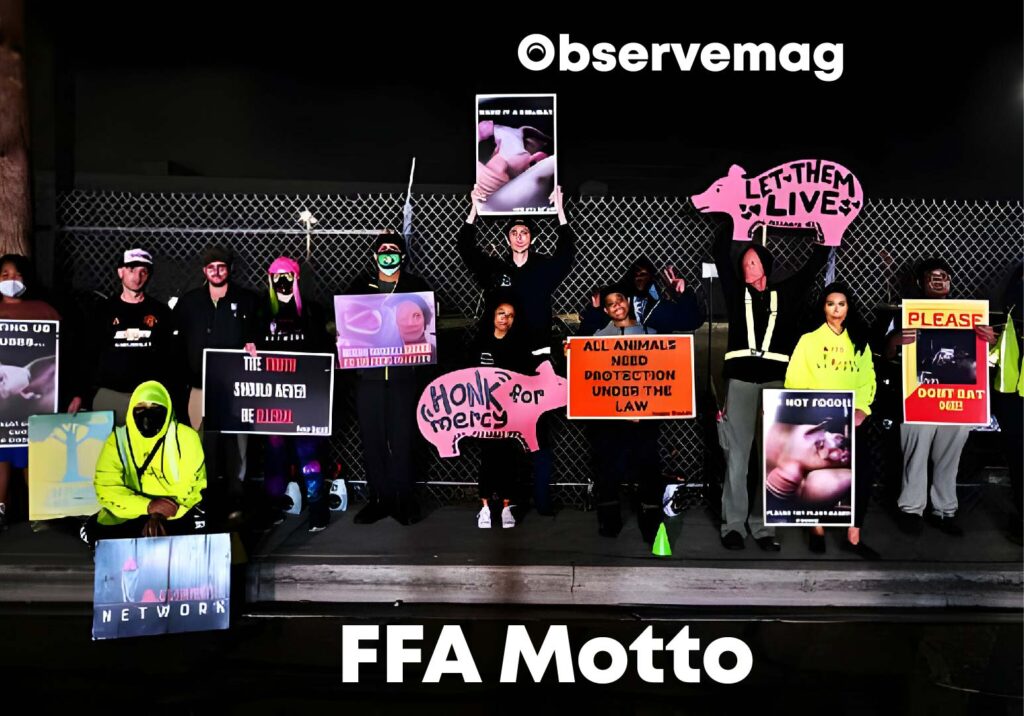Introduction
- Briefly introduce the Future Farmers of America (FFA) and the significance of its motto in guiding young minds towards a fruitful career in agriculture.
- Mention the aim of the post: to explore the FFA Motto’s origins, its profound meaning, and the tangible impact it has had on its members.
Overview and History
- Origins of the FFA Motto: Dive into the history of the FFA, touching upon its founding in 1928, and how the motto was conceived to encapsulate the organization’s core values.
- Evolution Over Time: Discuss any changes or adaptations to the motto over the years and the reasons behind them, if applicable.
Meaning and Interpretation
- Line-by-Line Analysis:
- “Learning to Do, Doing to Learn, Earning to Live, Living to Serve”: Break down each component of the motto.
- Learning to Do: Emphasize the importance of hands-on learning in agriculture, acquiring skills that are essential for success in the field.
- Doing to Learn: Highlight the experiential learning aspect, where members apply their knowledge in real-world agricultural settings.
- Earning to Live: Discuss how FFA prepares members for gainful employment in agriculture, stressing financial literacy and entrepreneurship.
- Living to Serve: Reflect on the ethos of service within the FFA, promoting community involvement and leadership through service.
- Relevance to FFA Members: Tie each part of the motto back to how it shapes the values, ethics, and actions of FFA members today.
Impact on Members
- Personal Stories: Incorporate anecdotes or case studies from FFA members who have been profoundly influenced by the motto. These could include how the motto guided their career choices, inspired community service projects, or instilled a lifelong love for agriculture.
- Career Development: Highlight examples of how adherence to the motto has led to successful careers in agriculture, from farming to agribusiness, research, and education.
- Community and Leadership: Show how the motto encourages members to take on leadership roles within their communities, fostering a sense of responsibility and commitment to improvement.
Conclusion
- Sum up the importance of the FFA Motto not just as a slogan, but as a guiding principle that has shaped generations of agriculturists.
- Encourage readers to reflect on the values of learning, doing, earning, and serving in their own lives, whether they are FFA members or not.

